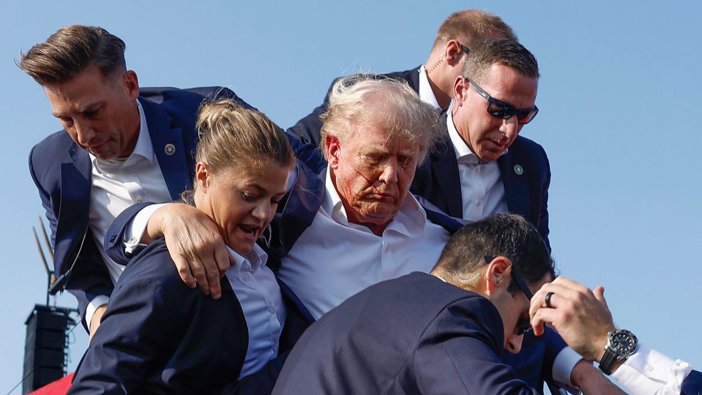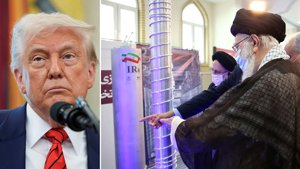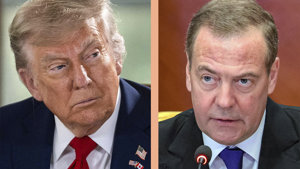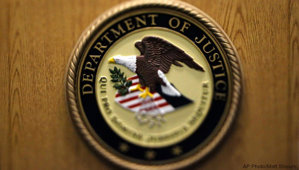
Secret Service Failures at Trump Butler Rally Revealed
Secret Service agents failed basic protocols at Trump Butler rally; Senator Hawley urges full release of all investigation documents.
Senate Probe Uncovers Major Lapses in Secret Service Security
Documents subpoenaed by the Senate Committee on Homeland Security and Government Affairs have revealed significant failures by six U.S. Secret Service (USSS) agents during the assassination attempt on then-presidential candidate Donald Trump at a campaign rally in Butler, Pennsylvania, on July 13, 2024. The records, obtained through Senate investigation and whistleblower accounts, show that agents neglected essential protocols, ignored clear warnings, and failed to coordinate basic security measures that could have prevented the near-fatal incident.
The documents detail that the lead site agent, who had never previously secured an outdoor rally, was unprepared and lacked critical training. Colleagues noted she had no experience with such events and was unaware of vital site conditions, including the presence of three local snipers inside a building rather than on its rooftop, which ultimately provided 20-year-old Thomas Crooks with a clear line of fire to Trump. The agent’s lack of knowledge and planning was echoed by other team members, who also admitted they failed to act on major security concerns or devise a plan to cover the rooftop threat.
Further, interviews disclosed that the lead advance agent—despite 21 years with the USSS and senior experience—never conducted a final walk-through of the rally site, citing hospitalization for heat exhaustion. Instead, this agent relied on “Google and stuff” to assess the grounds and failed to collaborate with local sniper teams or even collect communication radios offered by local law enforcement. This lack of site familiarity and preparation left critical gaps in the security perimeter.
Agents Suspended, Security Oversight Criticized
Other agents faced suspensions ranging from 10 to 42 days for a range of failures, including not communicating active threats on the day of the rally, refusing to take responsibility for security lapses, and sharing sensitive information with the media after the attack. The special agent in charge of the Pittsburgh field office, with 24 years’ experience, claimed ignorance of any threats prior to the rally and shifted responsibility to Trump’s protective detail. His assistant, also with 24 years’ experience, did not prepare for the rally, skipped site briefings, and had no grasp of the security plan.
Senator Josh Hawley (R-Mo.) has responded to these findings by urging Department of Homeland Security Secretary Kristi Noem to immediately declassify all documents related to the assassination attempt. In a letter marking the attack’s one-year anniversary, Hawley called for full transparency, stating, “The public deserves a full and accurate account of this event, the circumstances that allowed it to happen, and the steps the government has taken since to strengthen protective measures.” He cited stonewalling and inadequate disclosure by the Biden administration’s Secret Service and DHS, emphasizing that whistleblowers provided more information than officials did.
Hawley’s report, released in September, detailed what he called a “compounding pattern of negligence, sloppiness, and gross incompetence that goes back years,” resulting in an attack that nearly succeeded. He criticized the Secret Service, FBI, and DHS for slow-walking investigations, misleading the public, and failing to take responsibility. Hawley has called for a complete inventory of all related classified and non-public materials, a formal explanation for any continued restrictions, and a timeline for their declassification, all by the end of July 2025.
The Butler rally incident, the first of two assassination attempts on Trump in as many months, has become a touchstone for calls to overhaul security protocols for presidential protection. As new details emerge and Congress presses for answers, the episode continues to shape debate over government accountability and the safety of national leaders in public life.






